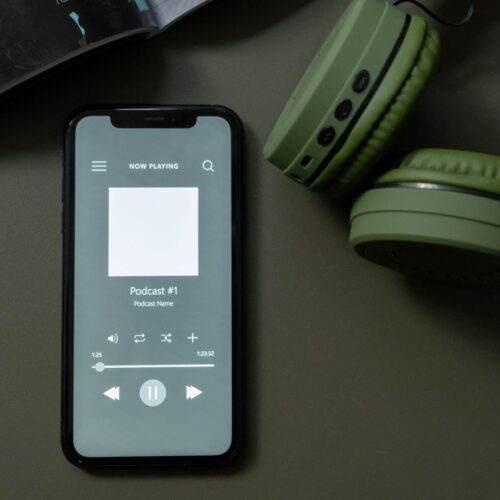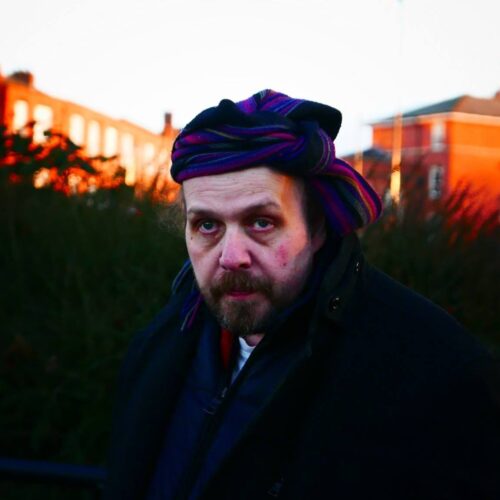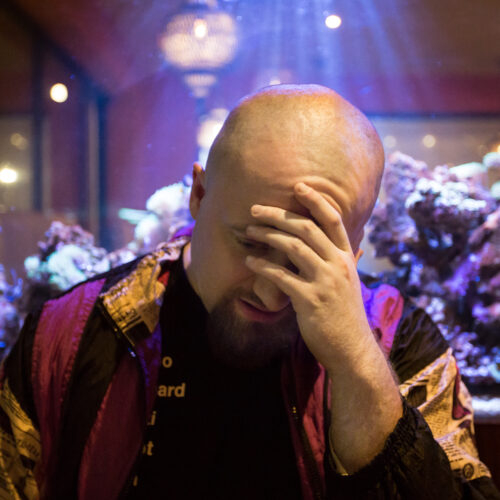
Film, memory, identity
Recently I woke from a nightmare. The details of the dream are forgotten but my memory of it was of being unable to control a succession of events – a sense of powerlessness. As I lay in the dark the image of Micky Mouse battling to control his unruly brooms and pails of water came to mind. A sequence from arguably Walt Disney’s greatest masterpiece, Fantasia, released in 1940. The Sorcerer’s Apprentice is a classic piece of cinema and Paul Duka’s symphonic poem The Sorcerer’s Apprentice, is now deeply embedded in my psyche if not most cinema-goers. A few days later I was visited by a friend and playing in the background on the radio was Duka’s piece. Her immediate reaction was to tell me that if she had nightmares about powerlessness the film sequence immediately came to mind. The wonders of the shared experience of film and especially how a musical score can trigger memory.
Fantasia was remarkable, not just for its innovative use of animation, live action and classical music for a popular main-stream audience, but it was also the first movie to be screened in stereo. At the time only a handful of theatres were modified to enable this, but one can imagine the impact on the audience of this auditory experience. However, it was not the ‘Fantasia Moment’ that prompted this blog, but a lunchtime organ recital in Cardiff where the programme included the British composer Eric Coates march that became the theme for Michael Anderson’s 1955 movie The Dam Busters. The question that came to mind was what film scores transcend their place in cinema and have a life of their own in the concert hall? In my view, very few. I was also fortunate enough to attend a screening a couple of years ago in Cardiff of Todd Browning’s 1931 classic Dracula, with a performance of Philip Glass’s score played by the Kronos Quartet with the great composer in attendance. Unforgettable. Great music, silly film.
At this time of year my mail includes CDs of the scores of all the films that are vying for a BAFTA. They often make very tedious listening and bare no relation to their emotional impact when heard as part of a viewing experience. I guess we all have our favourites that will take us back to childhood and our earliest memories of going to the cinema. However, when I return to my CD collection for film music that enlivens my imagination and memory top of the list are three great modern composers, Philip Glass and his soundtrack for the movie The Hours (Stephen Daldry 2002), Michael Nyman’s score for The Draftsman’s Contract, (Peter Greenaway 1982) and Jane Campion’s beautiful 1993 hit The Piano with an unforgettable sound track also composed by Michael Nyman. The third is a composer who features in the Film Culture course, Ennio Morriconi who first set my pulse racing with his scores for Sergio Leone’s 1964 classic, A Fistful of Dollars and the string of spaghetti westerns that followed. His Oeuvre is vast – just keep scrolling down his IMDb page to see. Much as I disliked the movie featuring one of his most recent scores – Tarantino’s 2015 indulgence The Hateful Eight, the score is as powerful as ever , penned by this remarkable 88-year-old who continues writing.
Of course, there are numerous others, but maybe it is my love of minimalist music that colours my choice. Film music can and should be the trigger for memory, the power of cinema that can stay with us always.





